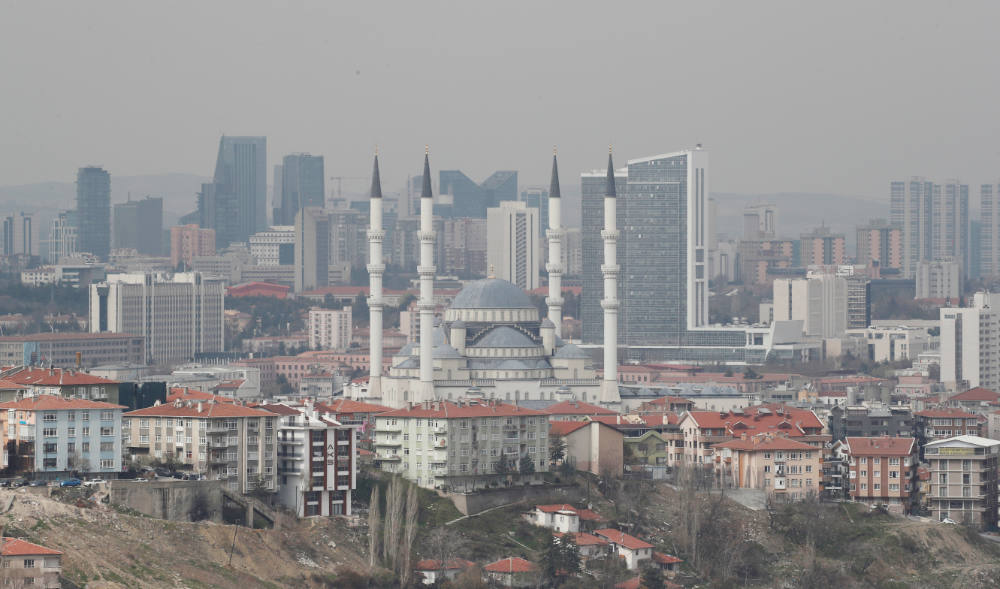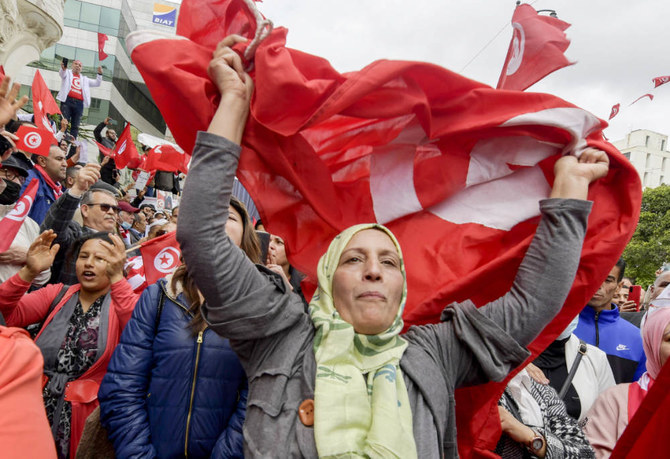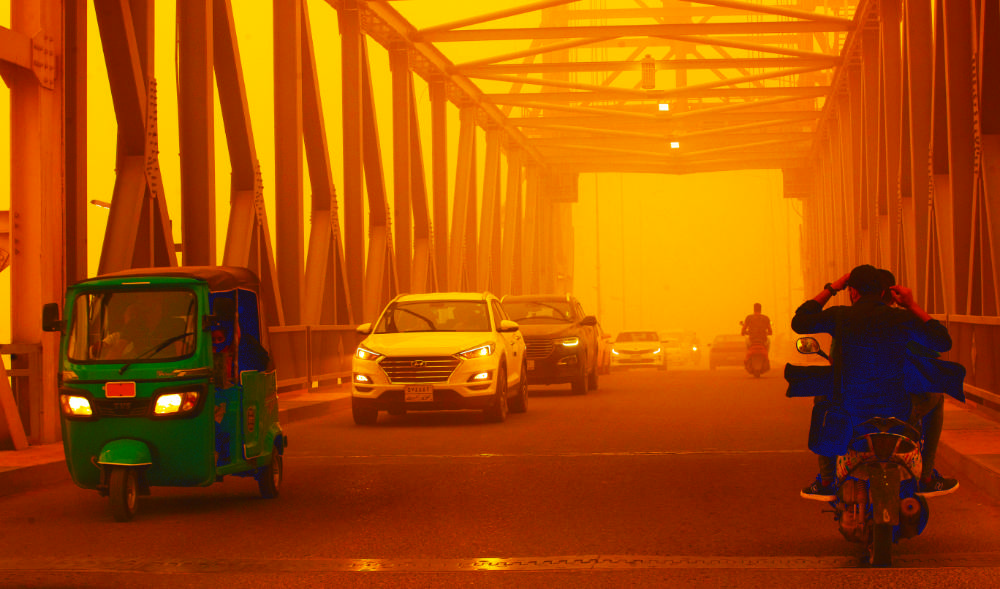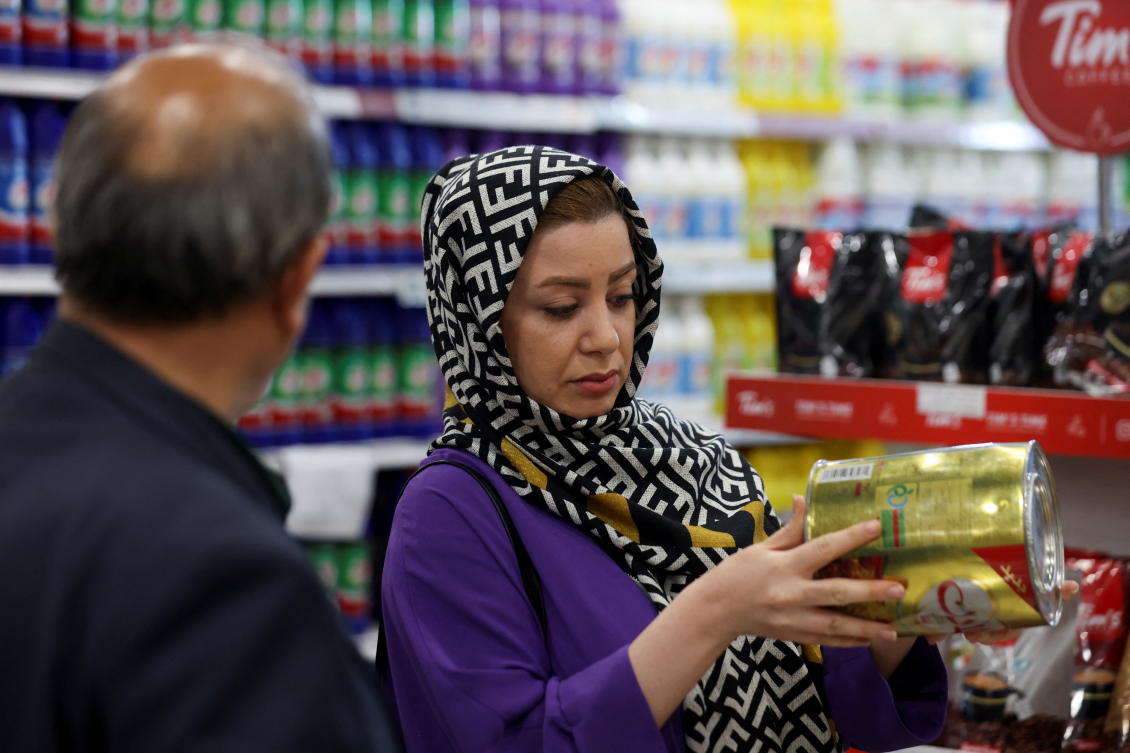Pressure mounts on Houthis to lift Taiz siege
AL-MUKALLA: Iran-backed Houthis have named their representatives on a joint committee that will work to reopen roads in Taiz and other provinces, raising hopes of an end to the militants’ siege of the strategic city, a Yemeni government official said.
After weeks of delays, the Houthis sent a list of candidates for the committee to the office of the UN Yemen envoy, according to deputy head of the Yemeni government delegation on Taiz, Maj. Mohammed Abdullah Al-Mahmoudi.
The move comes as the militia faces growing pressure at home and abroad to end its eight-year siege of Yemen’s third-largest city.
Under the UN-brokered truce that came into effect on April 2, warring factions were expected to stop hostilities on all fronts, allow commercial flights to operate out of Sanaa airport, permit fuel ships to enter Hodeidah seaport, and nominate candidates for a joint committee to discuss the reopening of roads in Taiz and other provinces.
On April 7, the Yemeni government sent a list of four participants for the meeting, according to the UN Yemen’s office, almost three days after UN envoys asked both sides to nominate their negotiators.
The Houthis have been accused of failing to take the lifting of the blockade seriously, as they delayed naming representatives and kept up attacks on residents in the city.
Al-Mahmoudi told Arab News on Saturday that the Houthi delegation includes Yahyia Al-Razami, Hussein Dhaif, Mohammed Al-Mahtouri and Shukari Mahyoub.
“They are intelligence officers,” he said, adding that the committee might meet in the Jordanian capital Amman or elsewhere this week.
Al-Mahmoudi is joined on the government team by Abdul Kareem Shaiban, Abdul Aziz Al-Majeedi and Ali Al-Ajaar.
“We have been told to get ready for the meeting,” he said.
Pressure has increased on the Houthis to lift the siege of Taiz as the Yemeni government puts into place its commitments under the truce, including allowing about 12 fuel ships to enter Hodeidah seaport, facilitating the departure of two commercial flights from Sanaa airport, and naming its representatives in talks over the future of the city.
In a rare challenge to the militants, hundreds of people gathered for Friday prayers near a closed road on the eastern outskirts of the besieged city, despite the risk of coming under fire from Houthi snipers.
After the prayers, people raised posters and chanted slogans that called for roads to be reopened and an end to the siege.
Abdul Jabar Noman, an activist, told Arab News that many people had died on rugged and dangerous roads while seeking to avoid Houthi checkpoints around the city.
Daily protests are aimed at highlighting residents’ suffering under the blockade, he said.
“Lifting the siege will help people to move between cities easily, bring down prices of basic commodities, and fuel will be sold at the official price,” he said.
Abroad, Saudi, Yemeni and Western diplomats and officials are also increasing pressure on the Houthis to lift the blockade and join efforts to end the war.
Prince Khalid bin Salman, Saudi Arabia’s deputy minister of defense, demanded the world, mainly the UN, order the Houthis to lift the siege, deposit revenues from Hodeidah port into the central bank, and comply with peace initiatives.
After meeting Timothy Lenderking, US special envoy for Yemen, in Washington, Prince Khalid tweeted: “Although the momentum of the truce remains high, I reaffirmed the need for the United Nations and the international community to pressure the Houthis into reopening the roads of Taiz, deposit revenues of the Hodeidah port, and engage with peace proposals.”
Ahmed Awadh bin Mubarak, Yemen’s foreign minister, met with Brett McGurk, the White House coordinator of the Middle East and North Africa, in Washington, where he called for global pressure on the Houthis to respect the truce and reopen roads in Taiz.
“I stressed our appreciation for the US and the need to pressure the #Houthis to adhere to the #truce and end #Taiz siege,” the Yemeni minister tweeted.
The Yemeni Embassy in Washington accused the Houthis of using the blockade as a pressure tactic, adding that the siege has isolated thousands of Taiz residents from the rest of Yemen.
“Every day, hundreds of thousands of people in the third-largest city in Yemen — #Taiz — feel like they are boxed in a besieged city since 2015. A city that is cut off from the rest of Yemen by the #Houthis only to be used as a political bargaining chip,” the embassy tweeted.
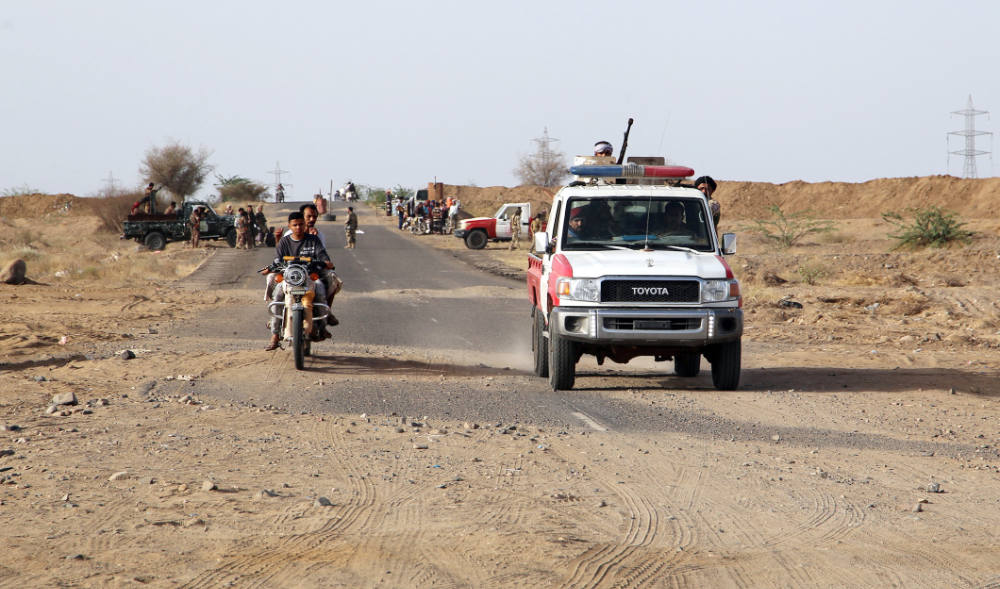
Saudi aid agency reviews project to protect women in YemenYemen’s defense minister discusses bilateral cooperation with US, UK military attachés
